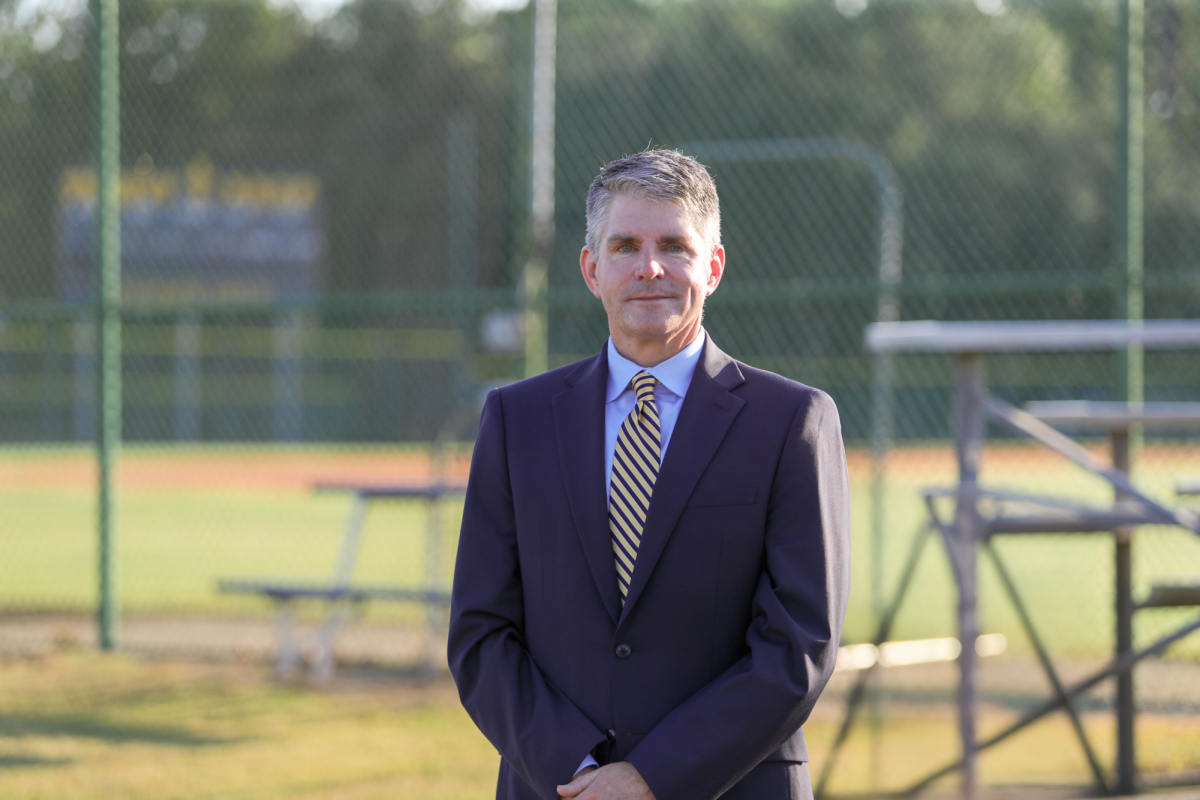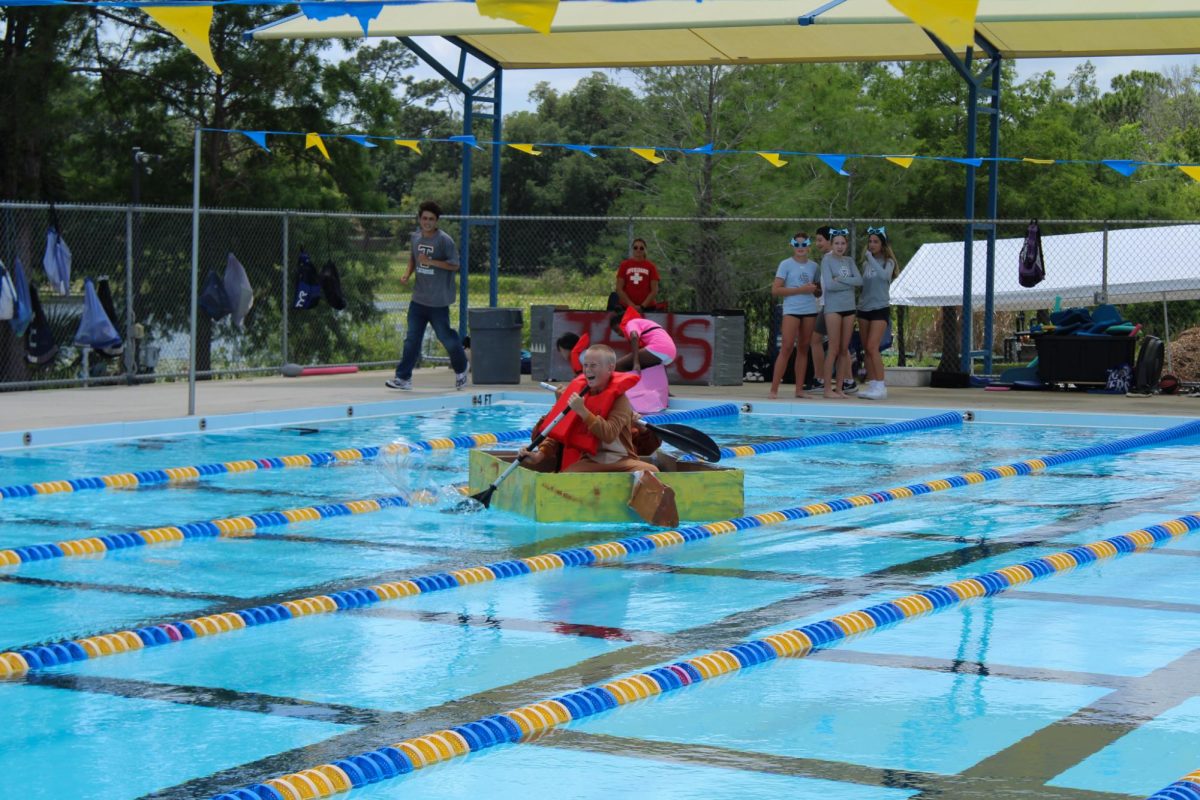Among the famous icons of American birds, the Ivory-Billed Woodpecker was recently declared extinct with 23 other species by the U.S. Fish and Wildlife Service. According to the Smithsonian National Museum of Natural History, out of the estimated eight million species on Earth, at least 15,000 of them are threatened with extinction, and the extinction rate of today is thousands of times higher than one without human interference.
Science teacher Emily Massey-Burmeister said that this heightened rate of extinction is part of the Earth entering another mass extinction.
“A mass extinction is talking about the fact that a large proportion of the species that are currently on Earth go extinct in a relatively short period of time, and we’ve had five as indicated by the fossil record,” Massey-Burmeister said.
She further explained that the first five mass extinctions were caused by natural events, such as the extinction of the dinosaurs, but this one is distinct because it is driven mostly by human activities.
Junior Lainey Wilemon is a self-proclaimed advocate for animals due to the fact that they cannot do this for themselves. She credits her passion to her science-loving parents, one of which previously taught AP Environmental Science. She said that the main cause of the increasing extinction rate is due to humans changing the environment with the use of fossil fuels.
“[Carbon emissions] deteriorate our ozone layer in the atmosphere, which is protecting us from increasing temperature,” Wilemon said. “So when we do increase in temperature, obviously not all animals are suited for certain temperatures.”
An example of a species directly impacted by this is the polar bear. Wilemon said that due to the rising temperatures, polar bears are being forced to migrate south. It may seem counterintuitive to go south instead of north escape rising temperatures, but since the temperatures melt all of the ice that these bears thrive on, they must completely change their way of life and move to solid ground instead. These bears are also starting to exhibit strange behavior when their populations dwindle, leading to inter-species breeding.
“Since the polar bears are migrating towards the south, they were interacting with grizzly bears, and now they have Grolars and Pizzlies,” Wilemon said.
Climate change not only affects the colder northern climates, but also the tropical climates in the oceans. Coral reefs, home to all sorts of diverse wildlife populations, are now being subjected to bleaching from the stress of high ocean temperatures.
Humans also hurt wildlife populations with other destructive actions besides climate change, such as poaching. Wilemon said that the White Rhino population decline was due to the high demand for their extremely valuable horns.
According to Live Science, birds are the most commonly represented species of animal on recent extinction lists due to habitat loss, which can be seen prominently this year with the Ivory-Billed Woodpecker’s extinction.
Massey-Burmeister said that the loss of this woodpecker recently took a more personal meaning. While traveling in Michigan over the summer, her family was able to observe and feed a different species of woodpecker, which reminded her of the recent news of extinction of the Ivory-Billed Woodpecker.
English Teacher Steven Krueger has also been impacted by these extinctions due to his hobby of bird watching. He started bird watching after being inspired by a former student on the 9th grade High Rocks overnight hike.
“It kind of forces you to stop and pay attention to details,” Krueger said. “I know it’s cliché, but we’re in a very fast paced world, and pausing to try to wait until you get a glimpse of a tiny little bird…it’s kind of a nice little brain break.”
Krueger enjoys engaging in this pasttime around campus, listening for each specific call of the different bird species that find home on the campus. In the past 25 years he has been on campus, however, one bird’s recent absence stood out to him. The Northern Bobwhite is a bird uniquely named for the sound it makes resembling the word “bobwhite.” With the endangerment of this species, Kreuger said that he used to be able to see this bird right behind his classroom, but now he hasn’t been able to for some time.
“It’s kind of sad that [the Northern Bobwhite] is no longer on our campus in the way that it once was,” Krueger said.
Due to the fact that humans are at fault for this sixth mass extinction, there are initiatives that can be taken to help prevent the further endangerment of animals. Small changes like carpooling to school, eating local produce, and being conscious about fossil fuel usage can begin to alleviate some of the damage.
But Wilemon said that the planet has already reached the point where some of these damages are irreversible.
“You just have to do what you can when you can, [but] it’s never going to be 100% fixed because we’ve already messed it up so much,” Wilemon said. “The main thing we can do is try to put a bandaid on it or slow it.”













